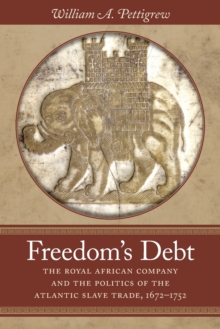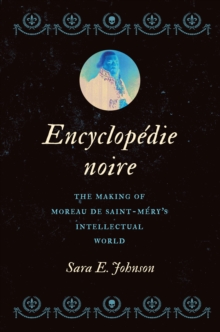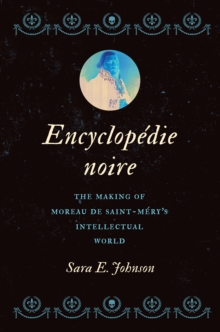
Adapting to a New World : English Society in the Seventeenth-Century Chesapeake Paperback / softback
by James Horn
Part of the Published by the Omohundro Institute of Early American History and Culture and the University of Nor series
Paperback / softback
Description
Often compared unfavorably with colonial New England, the early Chesapeake has been portrayed as irreligious, unstable, and violent.
In this important new study, James Horn challenges this conventional view and looks across the Atlantic to assess the enduring influence of English attitudes, values, and behavior on the social and cultural evolution of the early Chesapeake.
Using detailed local and regional studies to compare everyday life in English provincial society and the emergent societies of the Chesapeake Bay, Horn provides a richly textured picture of the immigrants' Old World backgrounds and their adjustment to life in America.
Until the end of the seventeenth century, most settlers in Virginia and Maryland were born and raised in England, a factor of enormous consequence for social development in the two colonies.
By stressing the vital social and cultural connections between England and the Chesapeake during this period, Horn places the development of early America in the context of a vibrant Anglophone transatlantic world and suggests a fundamental reinterpretation of New World society. |Based on literary and legal sources, this study reveals how legal contests involving women, children, African-Americans, and the poor of the 19th-century South led to a rethinking of families, sexuality, and the social order.
Information
-
Available to Order - This title is available to order, with delivery expected within 2 weeks
- Format:Paperback / softback
- Pages:480 pages
- Publisher:The University of North Carolina Press
- Publication Date:30/09/1996
- Category:
- ISBN:9780807846148
Information
-
Available to Order - This title is available to order, with delivery expected within 2 weeks
- Format:Paperback / softback
- Pages:480 pages
- Publisher:The University of North Carolina Press
- Publication Date:30/09/1996
- Category:
- ISBN:9780807846148










